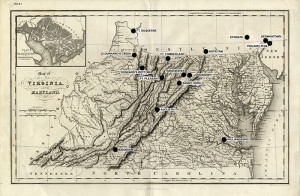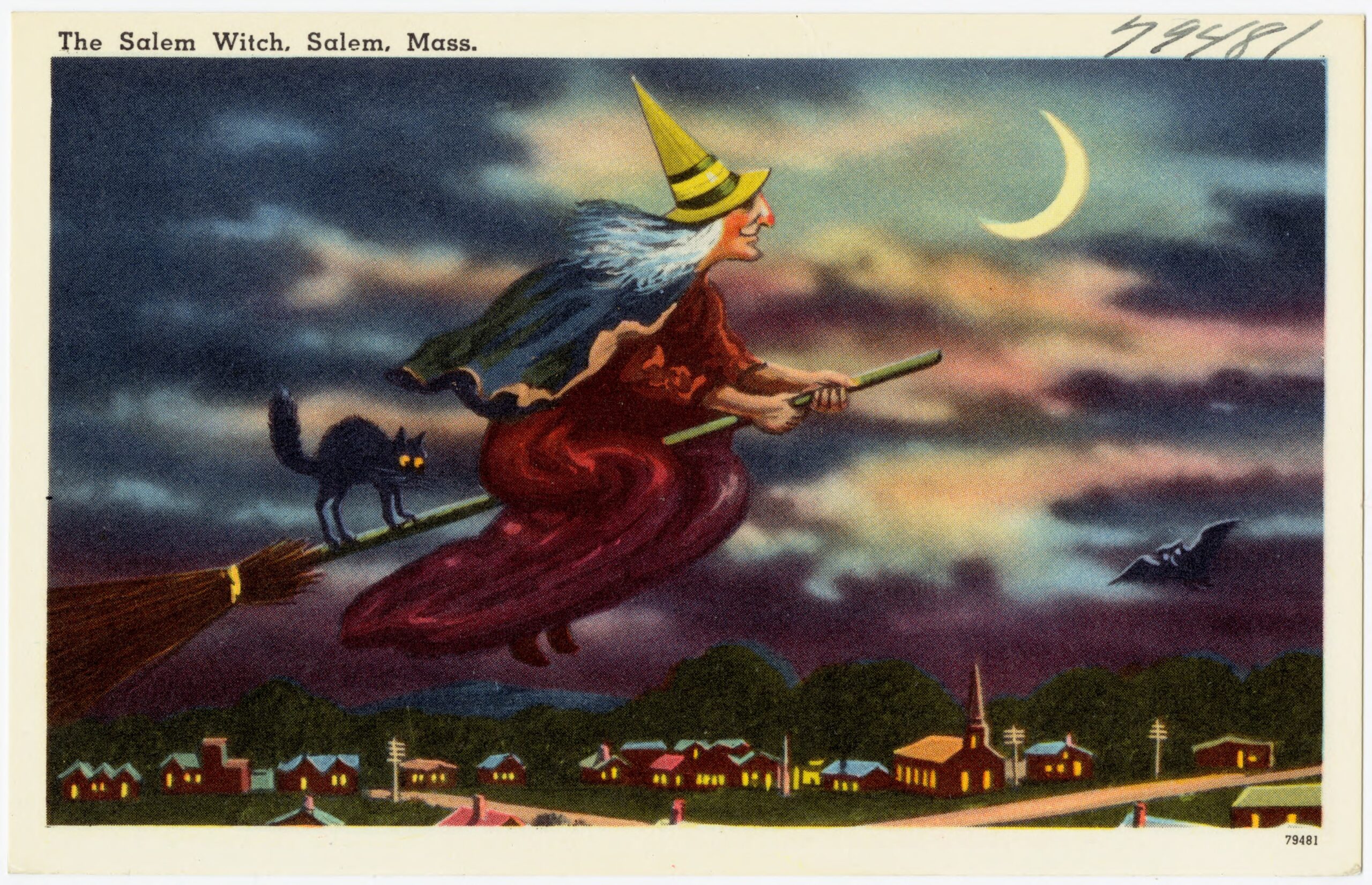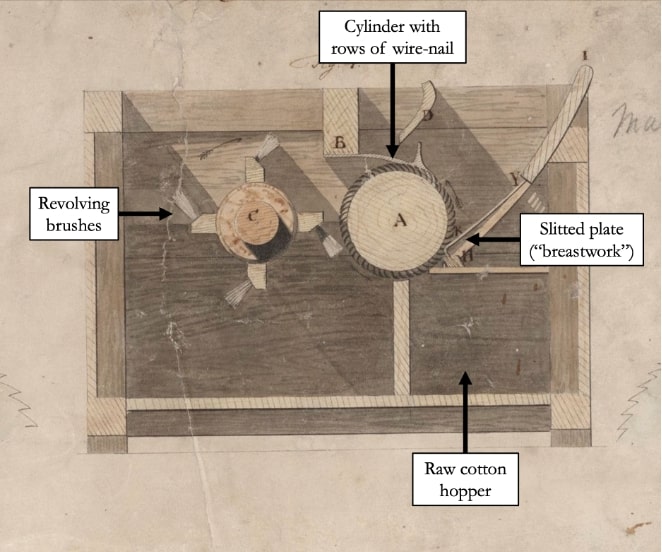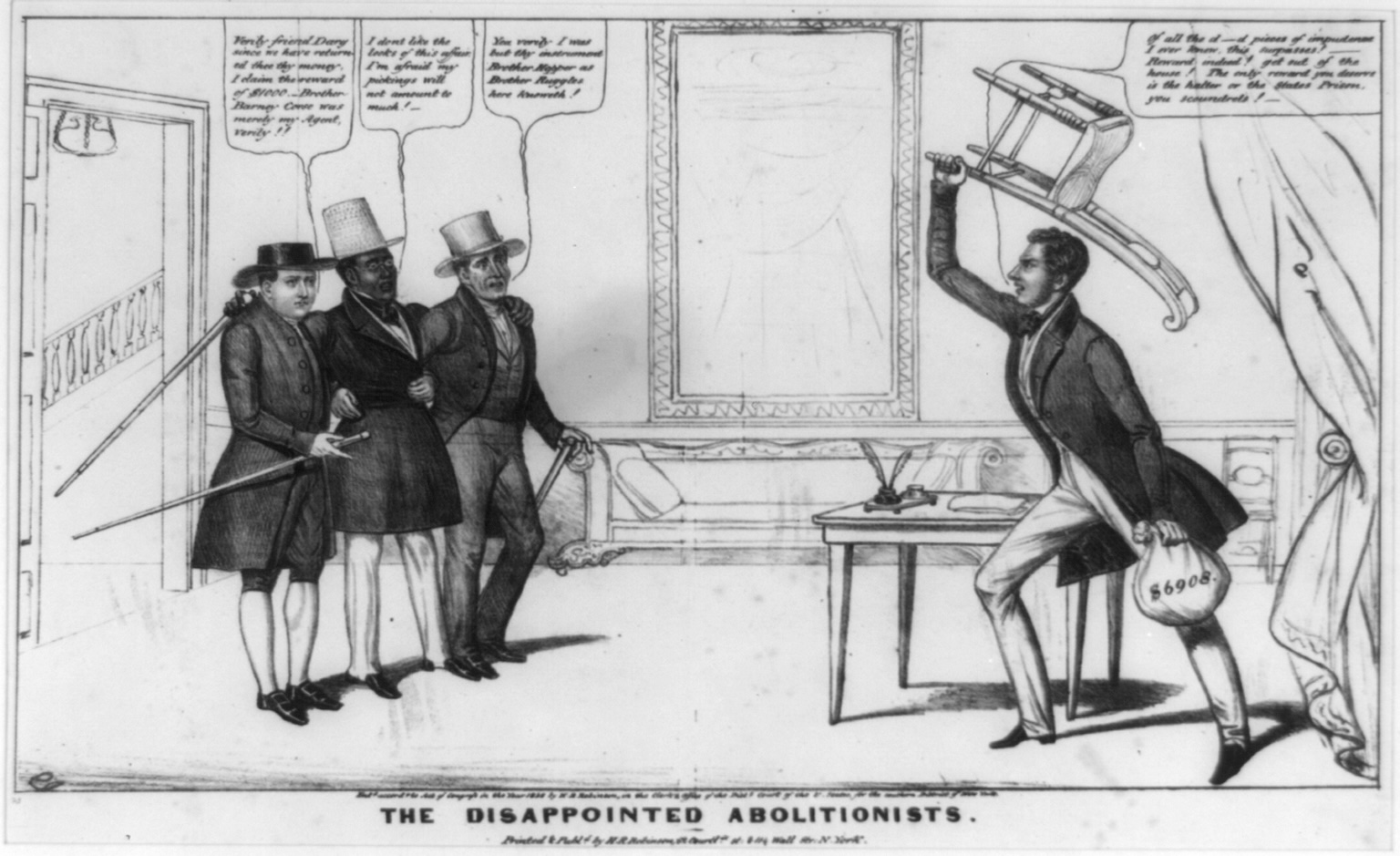Ephrata’s émigrés in Virginia
In the mid-eighteenth-century world of competing global empires, the Ephrata monks of Pennsylvania and Virginia existed in an excruciating limbo between Protestant and Catholic, French and English, “savage” and “civilized,” male and female, mystic sexuality and corporeal celibacy, asceticism and ceremony, individual and community. Ezekiel Sangmeister, a former carpenter’s apprentice and German immigrant who joined the Ephrata sect in 1748, vividly captured the personal cost of this spiritual and social marginality in his memoir of life first in the Ephrata Cloister and then at a breakaway Ephrata commune in Virginia. This remarkable source describes a brief moment before the Seven Years’ War, when the sect actually flourished. During these years Sangmeister and his cohort of male Protestant celibates experimented with fluid categories of confession, ethnicity, and gender. The strange utopian communities this undertaking produced probed the limits of religious toleration in the American colonies, but in the end, those limits proved more powerful than this band of pietistic Protestants. Most of them were forced from their incongruous homosocial communal cabins back into the heterosocial world of marriage and conventional domesticity.
The original Ephrata Cloister emerged from a group of mystic, Protestant hermits scattered along Cocalico Creek in central Pennsylvania. An orphaned former baker’s apprentice from south Germany, Conrad Beissel, became the leader of the oxymoronic hermit-commune in the mid-1730s. Beissel adhered to a form of Protestant pietist mysticism, drawn partly from the theology of German Lutheran Philip Jakob Spener (1635-1705). Spener’s theology stressed the experiential aspects of faith, demanding that believers strive towards piety, by which he meant sinless living in accord with biblical dictates. A subset of such pietists, including Beissel and those who joined him, believed that if they could shed their sinful corporeal impulses, they might achieve a mystical union with what they believed to be God’s female aspect, the Virgin Sophia. That Beissel’s extreme pietism took hold was clearly a function of the unsettled nature of Lutheranism in Pennsylvania. Having left the established Lutheran church of their homeland, German migrants to the region found themselves in the novel situation of being able to choose among traveling preachers, some educated, some not, some ordained, some not, all claiming to be the true Lutherans. Conrad Beissel stepped into this confusing ecclesiastical landscape and offered the Germans living near his commune on Cocalico Creek a clear path to salvation.
Before long, however, Beissel and his followers began showing signs of division. The most divisive argument pitted Beissel against three similarly orphaned German brothers, the Eckerlins. Apparently the eldest of the Eckerlin brothers, Israel, who himself had a significant following in the commune, clashed with Beissel over the management of the newly built cloister. In 1745, only four years after Beissel made Israel Eckerlin his second in command, the conflict reached a boiling point, and Eckerlin left for Virginia where he and his brothers Gabriel and Samuel established a successful commune of their own. Beissel’s loyal “brothers” and “sisters” burned Israel’s writings, the Eckerlin brothers’ house, and the fruitful orchards first planted by the Eckerlins.
Three years after Israel Eckerlin fled for Virginia, another orphaned German mystic found his way to the Pennsylvania commune. Ezechiel Sangmeister arrived with fellow carpenter’s apprentice Anton Hellenthal in March 1748 and spent four years living in Beissel’s community. Sangmeiseter, like Beissel and the Eckerlins, had already traveled German-speaking Europe learning his trade and trying to find religious communities tolerant of his mystic pietism. Ultimately, this quest brought him to the Ephrata Cloister on the North American frontier.
Sangmeister’s memoir, entitled Life and Change, tells a detailed, if highly subjective, history of one man’s life in Ephrata and beyond. Neither Sangmeister nor Hellenthal had a pleasant experience in Ephrata. Sangmeister felt he was rushed into his decision to join the sect and was perpetually concerned by what he considered crypto-Catholic ceremonial practices, including tonsure (the shaving of the head) and “shameful lust” arising between the brothers and sisters. “Brother Anton’s” plight was dramatically worse. He suffered a mental breakdown, was placed in chains, then managed to escape and wander the woods until he regained his senses. During Sangmeister’s and Hellenthal’s stay at the cloister, the Eckerlin brothers returned and encouraged those discontented with life on Cocalico Creek to come with them to Virginia. Sangmeister and Hellenthal eventually took the Eckerlins’ advice and snuck away from Ephrata “a little after midnight” on October 2, 1752.
Immediately upon their departure, Brothers Ezechiel and Anton experienced the extent to which their bodies, emaciated by ascetic practice and hidden beneath Ephrata’s flowing white robes, challenged the gender categories of those around them. Sangmeister reports that the men “were still wearing the full Ephrata-habit so people everywhere thought that I was the husband and Brother Anton was the wife.” Sangmeister was twenty-nine years old and would have had Ephrata’s requisite long beard to denote his masculinity. Anton, however, must have been significantly younger or at least unable to grow a beard; thus, in the flowing robes, he was mistaken for a woman.
Ephrata monks experienced an intentional and dramatic physical transformation. While Pennsylvania magistrate and Indian agent Conrad Weiser lived at Ephrata, those who had known him before barely recognized him. The brothers and sisters desired androgyny as part of their quest to abandon the body and its drives for a mystical communion with the Virgin Sophia. Their theology held that Adam’s fall began with his division into male and female. Mystics such as Sangmeister wished desperately to reclaim the spiritual purity Adam had abandoned. Not surprisingly, this ambition produced all sorts of struggles with sexual urges, many of which Sangmeister detailed in his memoir. In the service of this androgynous ideal, men like Weiser and Gabriel Eckerlin, who had married before coming to Ephrata, were encouraged to divorce their wives. Of the women who joined the female cloister, a striking number—including the wife of the prominent printer Christopher Sauer—fled their husbands to do so. Other couples vowed to live chastely while remaining married.
No women traveled with Sangmeister to form the Virginia commune so Brother Anton fulfilled the womanly duties of housekeeper—and did so badly in Sangmeister’s assessment. Sangmeister assumed the European male’s traditional role of breadwinner. He worked among the settlers as a carpenter, cabinetmaker, and medic, but his unmarried state exposed him to accusations of womanizing. For an Ephrata monk, already deeply troubled by his sexual urges, such intimations simply reinforced the need to avoid all women. But that was not enough. He would also have to avoid animals, particularly those liable to mate. For Adam too, he thought, met his “downfall” by “looking with the animals and their breeding.” Thus God had “no other solution” but to “get a woman” for Adam. Sangmeister also feared that he and his brother would be tempted to engage in bestiality should they keep cattle.
As the Ephrata outpost attracted “restless people, who came partly out of curiosity and partly to waste time with all sorts of discussions,” Sangmeister decided he and Hellenthal required a “little house on a mountain” to which one could escape for solitude and prayer. But while Sangmeister enjoyed his solitude “for several days, sometimes even almost weeks with great pleasure,” the neighborhood erupted in “tumult” as locals debated whether Sangmeister’s “little room” on the mountain was used for “practicing alchemy” or whether he and Anton “were really catholic [sic] and worshiped our idols there.” Sangmeister and Hallenthal tore down the meditation cabin shortly before locals notified the colonial authorities of its existence. By Sangmeister’s telling, a court clerk, Colonel Wood, organized a three-man party, including a militia officer, to investigate claims against the brethren. Wood was satisfied, the cabin gone, and peace restored, but only temporarily.
On July 9, 1755, British general Edward Braddock and Virginia militia lieutenant colonel George Washington marched nearly two thousand men headlong into a French and Indian attack, leaving nearly one thousand men dead, including Braddock. Braddock’s stunning defeat left the European settlers of the Shenandoah and Monongahela undefended targets of French and Indian raids. For the Ephratites, the attack was particularly damaging. After this slaughter by agents of a Catholic state, men whose celibacy and asceticism suggested Roman Catholic priests were an almost inevitable target of the region’s renewed anti-Catholicism.
Among the brothers, Samuel Eckerlin was most at risk. His regular journeys to and from Winchester, Ephrata, Sandy Hook, and the Eckerlins’ settlement on the Monongahela, to sell medicine and medical advice, left him vulnerable to arrest for spying. And in 1756, he was indeed detained and nearly hung. However, a fellow medic, “Commisary Walker,” who had known Samuel in the Eckerlins’ first settlement in southwestern Virginia, vouched for him and escorted him to Williamsburg to ask for clemency from Governor Robert Dinwiddie. Walker also advised Samuel to retrieve Israel and Gabriel from the Monongahela before they fell victim to the Indian violence raging in the wake of Braddock’s defeat. He refused, and Walker’s prediction became reality.
Two more Ephratites were soon arrested as well. While Samuel waited in Williamsburg for clemency, his brother Israel and Brother Anton were taken into custody at a fort on the South Branch of the Shenandoah while traveling from the Monongahela to Sangmeister’s cabin. When Samuel returned from Williamsburg with a pass for free travel in the Allegheny Mountains, he was in no rush to liberate his brothers. Instead, he dispatched Brother Ezechiel to ride to them. As he passed through country already ravaged by Indian-colonist violence, Ezechiel encountered men from the fort who insisted Samuel’s presence would be required for Israel’s release. Samuel demanded that Ezechiel change from his monastic garb into a quilt coat, which Sangmeister described as “stiff from dirt and bear fat,” before the two men returned together and secured Israel’s release.
Sangmeister, like the Eckerlin brothers, also fell under suspicion as a potential spy for the French and their allied Indians. He and a traveling companion, an aging servant who had completed his time with the Eckerlins, stopped at an abandoned farm with a “fresh Indian track in the sand.” The soldiers nearby were no less wary of Sangmeister than they had been of the brothers Israel and Anton. They thus detained him and his fellow traveler for questioning. Sangmeister reported that while he “felt their anger,” he “gave them short answers.” Following the incident, the travelers again took refuge in what they thought was an abandoned house, but Sangmeister awoke to find the owner and three men, who “attacked us like thieves and scolded, ranted, and raved like the devil and it seemed just as though they were going to shoot us on the spot or kill us otherwise.” After surviving this incident, the two travelers stumbled upon another farm where they confronted “five armed men and a woman with red hair.” When Sangmeister asked directions, the group unleashed a stream of verbal abuse “too dreadful for words” and declared that the travelers were “positively spies.” The settlers insisted that “whenever one of you Dunkers [German Baptists] has come through this area we have always had new savage attacks directly afterwards.” The settlers attacked them for being “the cause [of] all the murder and misfortune in this country, and [declared] they would have absolutely no misgivings about shooting us.” One man revealed that the settlers planned to ambush and kill Sangmeister and his companion, but an approaching storm scattered the would-be attackers and allowed the Ephratites to return home safely.
The slight cultural space for Protestant monks and pacifist hunters vanished from the Virginia backcountry as it became the violent military frontier of the Seven Years’ War. In March 1757, Samuel Eckerlin emerged from the Allegheny Mountains to give Sangmeister a long treatise written by his brother Israel. Four days later, he was arrested again as a spy and taken to Winchester, Virginia. Although Sangmeister and his neighbors were able to raise the thousand pounds bail for Samuel, life for the Ephratites was becoming extremely difficult.
As frontier violence escalated, the expansion of German settlement down the Shenandoah Valley came to a halt. When a settlement six miles from Sangmeister lost twenty-five people to an Indian raid and neighbors’ hostility continued escalating, the German Settlers began their exodus. Some followed a religiously awakened shoemaker, Johannes Martin, back to Pennsylvania. Samuel Eckerlin set off for Williamsburg yet again to defend the Eckerlins against charges “that they sided with the French and Indians[,] that they were sp[ie]s and trying to bring tumult and d[e]struction to the land.” Sangmeister’s neighbors “became hostile” as well, leading to a similar plight for the Ephratites. Some of the neighbors suggested they “be hanged together,” while others leaned towards burning the monks’ house with them in it. Sangmeister was uncertain whether “the savages or . . . so-called Christians” posed a greater threat. Making matters worse, with each successive panic over Indian attack, Sangmeister stayed home while his neighbors took up arms. When asked to give spiritual guidance to one such assembly of armed settlers, Sangmeister traveled to address the group. Upon arrival, his pacifist scruples overcame him, and he went home without speaking.
Autumn 1757 brought with it the end of the Eckerlins’ settlement on the Monongahela. In November, Samuel was ordered to lead the Virginia militia to his brothers. After an emotionally and physically torturous journey, Samuel and his militia escorts arrived at the settlement only to find “everything ravaged, devastated, and burned by the savages, which from all outward signs and appearances happened around harvest time in the year 1757.” The soldiers took the destruction as belated evidence that the Eckerlins were innocent. When the Eckerlins’ servant eventually escaped his native captors and returned to Virginia to tell his tale, he reported that the Eckerlins were tortured until a French officer interceded on their behalf. The French were unsure what to make of the white-robed men, assuming them to be some form of “religious people.” From Fort Duquense, Israel and Gabriel Eckerlin were taken first to Montreal, then to Quebec, where they may have been placed in Jesuit custody. From Quebec they likely sailed on a prison ship for La Rochelle, France.
Unlike Israel and Gabriel Eckerlin, Ezechiel Sangmeister survived not only the Seven Years’ War but also the American Revolution. In 1764, he returned to Pennsylvania, where he settled into a comparatively normal household life with three siblings—two brothers, and a sister of whom he was particularly fond—near Ephrata but not in Beissel’s cloister. Likewise, the surviving Eckerlin brother, Samuel, eventually found his way back to Ephrata, where he continued to sell and practice medicine. Although Sangmeister survived, his vision of a frontier hermitage was no longer a possibility. He never managed to flee society as completely as Israel and Gabriel Eckerlin. That decision saved his life but killed his dreams.
Further Reading:
Ezechiel Sangmeister entitled his biography Leben und Wandel des in GOTT ruhenten Ezechiel Sangmeisters; Weiland Einwohner von Ephrata, 4 vols. (Ephrata: Joseph Bauman, 1825-27), trans. Barbara Schindler in Journal of the Historical Society of the Cocalico Valley, 4-10 (1979-1985). As a straight translation, Leben und Wandel means “life and change.” However, Lebenswandel means “way or mode of life,” which Sangmeister surely wished to reference as both a play on words and extra layer of meaning. Klaus Wusts’s The Saint-Adventurers of the Virginia Frontier (Edinburg, Va., 1977) is the only published monograph to my knowledge that focuses exclusively on the Ephrata outposts in Virginia. The other substantial primary document produced by members of the Ephrata commune is Lamech and Agrippa, Chronicon Ephratense: A History of the Community of Seventh Day Baptists at Ephrata, Lancaster County, Penn’a, trans. J. Max Hark (Lancaster, Pa., 1889). Jeff Bach’s Voices of the Turtledoves: The Sacred World of Ephrata (University Park, Pa., 2003) has finally offered scholars a widely researched modern monograph about the Ephrata community. Prior to Bach’s work the best secondary account was E. G. Alderfer, The Ephrata Commune: An Early American Counterculture (Pittsburg, Pa., 1985). To place the unique gender roles of Sangmeister and his cohort in context, a quick survey of Pennsylvania’s colonial newspapers reveals that Anglo-Americans report runaway servants, while German-Americans advertise for runaway wives, a finding corroborated in Christine Hucho’s work. For the extent to which frontier women and particularly frontier German women were testing English definitions of femininity, see St. John de Crevecoeur, Jane Merritt, Drohr Wahrman, Joyce Chaplin, Kathleen Brown, etc. For a detailed account of the Seven Years’ War in Appalachia, see Fred Anderson, Crucible of War: The Seven Years’ War and the Fate of Empire in British North America, 1754-1766 (New York, 2000): 94-107 and Erik Hinderaker, Elusive Empires: Constructing Colonialism in the Ohio Valley, 1673-1800 (Cambridge, 1997). A. G. Roeber’s Palatines, Liberty, and Property: German Lutherans in Colonial British America (Baltimore, 1993) is the most fulsome treatment of Lutheran controversies in Pennsylvania.
This article originally appeared in issue 7.2 (January, 2007).
Elizabeth Lewis Pardoe is assistant director of the office of fellowships and a faculty affiliate of the history department at Northwestern University; her essays on early modern Lutherans have appeared in German and American journals.




















